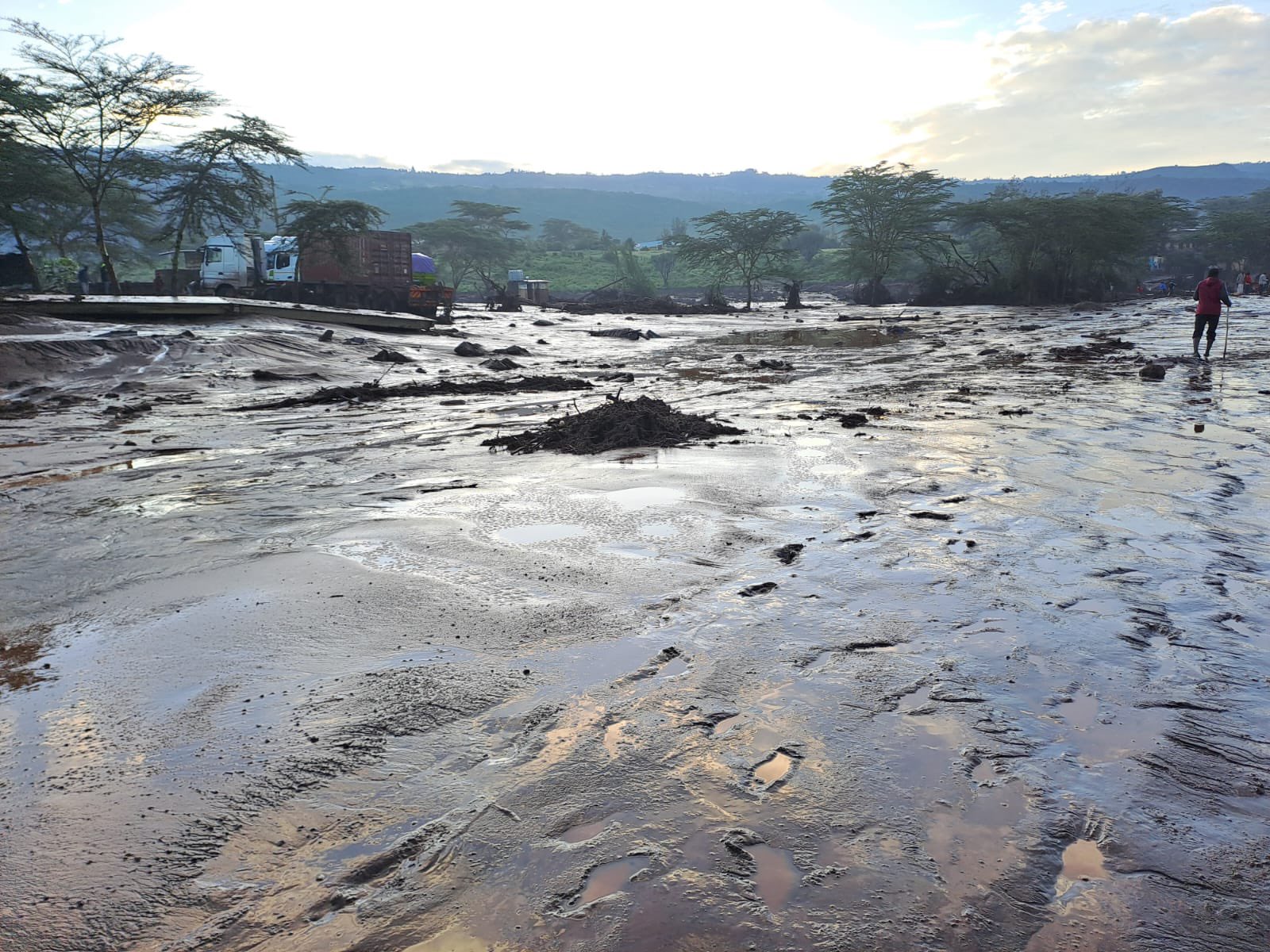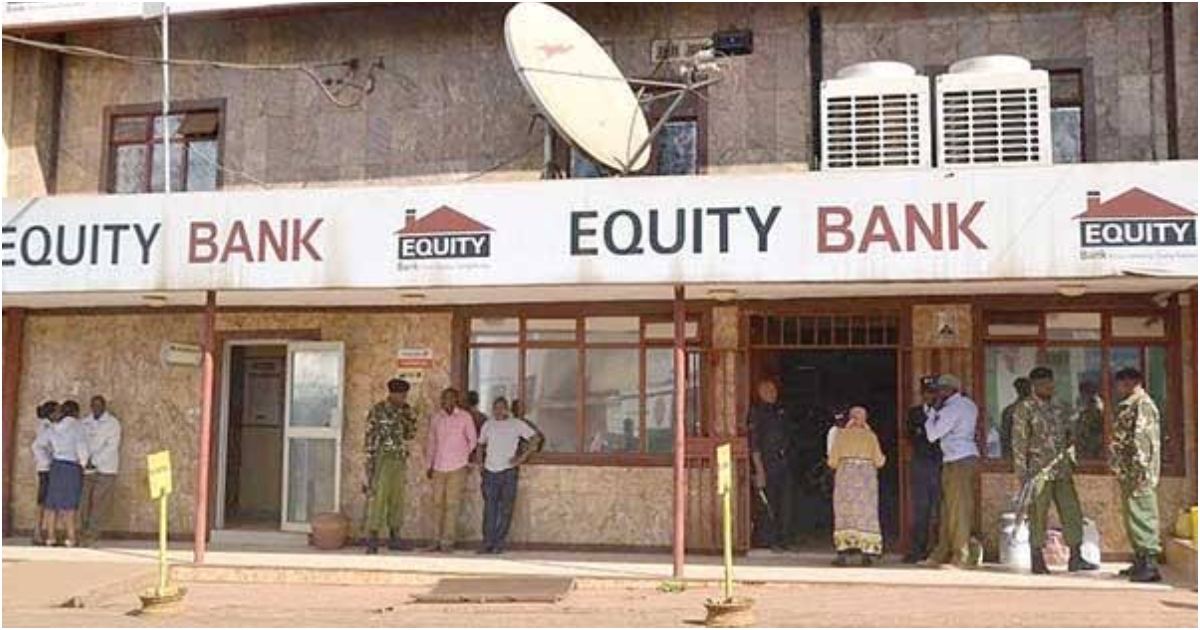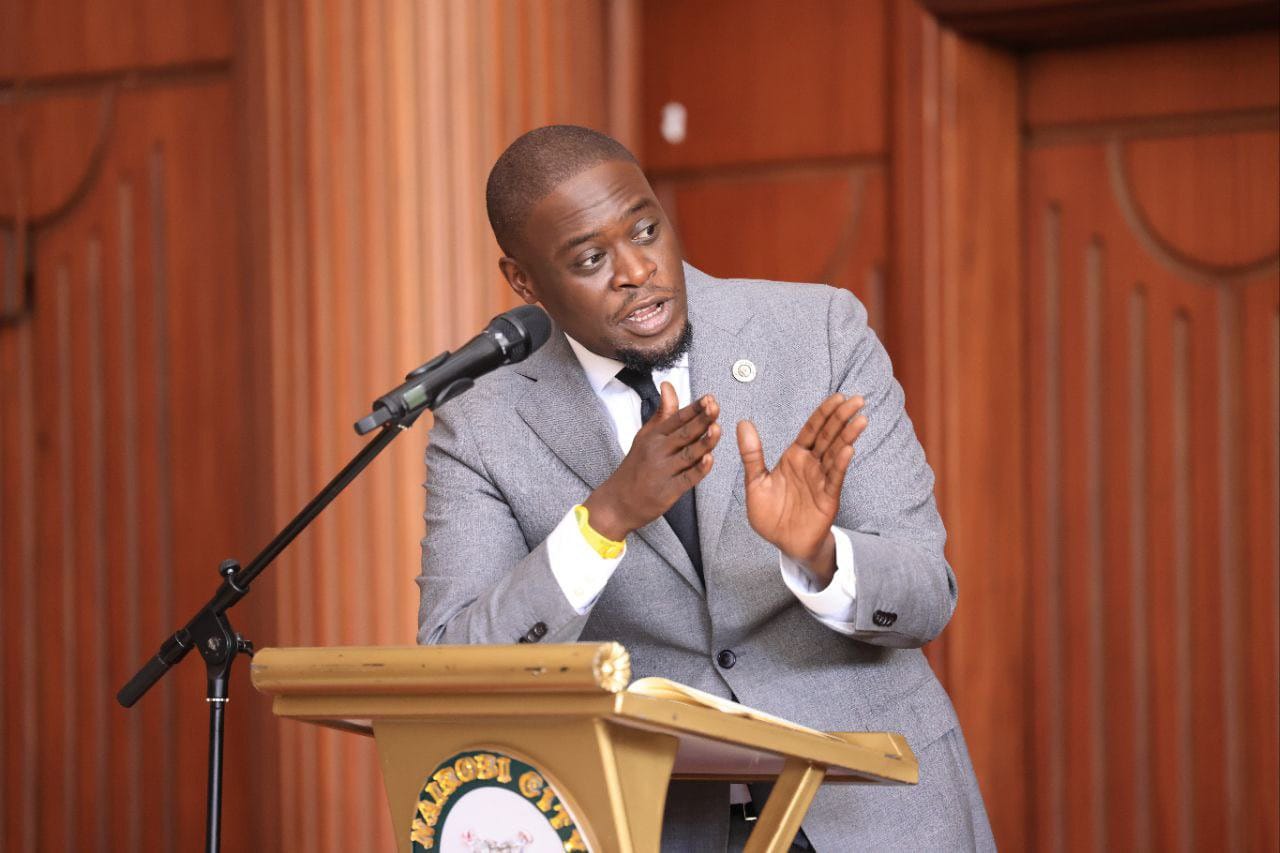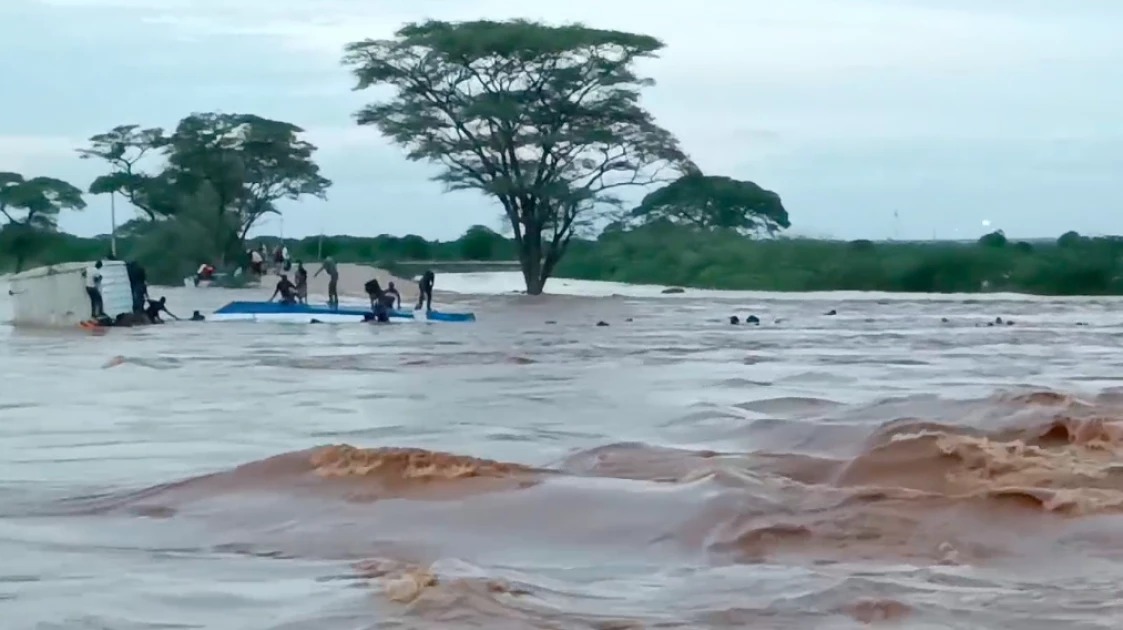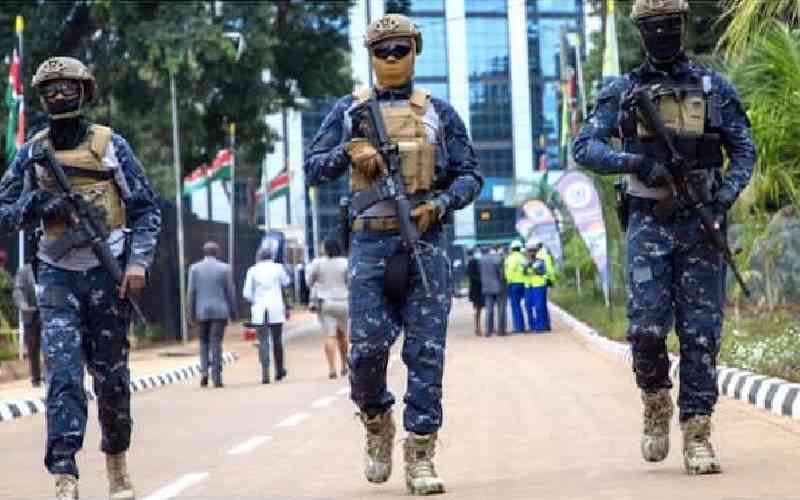By Kennedy Buhere
I first sat for a full-fledged school level examination five and half months after joining secondary education. That was in the early 1980s.
The administration of Kivaywa Secondary School in Kakamega County had a tradition of exposing the students to the body of knowledge and information that teachers were expected to teach students’ each term throughout the whole first term without internal examinations.
As a result of this peculiar school policy, all the students went home for their April holidays without having sat for the end term examinations. They consequently went home without Report Cards.
The students, however, had always had a steadfast and thoughtful teaching and learning experience. They had painstakingly acquired the knowledge, critical thinking, problem-solving and diligence that the educational policies, curricular and standards envisions each term.
Read More
This is the reason that delayed my exposure to the first full-fledged school level examinations in July 1979—a whole five and half months since joining Form One.
The nearest we came to something resembling an examination was in English, Mathematics, and Kiswahili. Teachers gave us quizzes or questions at the end of every lesson to work on.
We were to have answers ready before the next lesson. As a result, we had exercises to do in English and Mathematics every day. We learned the two subjects five days in a week.
We frequently exchanged our exercise books and marked each other under the direction of the teachers as we went through the quizzes together. It was after clearing the quizzes of the previous lesson that we embarked on the next lesson or topic. The same applied to Kiswahili although we didn’t learn it every day.
I don’t remember having any anxiety about the Mid-year Examinations. We had had a whole five and half months of precocious instructional time with our teachers. We had also had a relentless friendly teaching and learning environment that made the acquisition of knowledge, skills and abilities effortless.
The only other school level examinations we had in the school were end year examinations. In other words, my schoolmates and I were exposed to a total of only seven school level examinations—including School-based Mock Examinations for the Fourth Form students—before finally meeting the Kenya National Examinations’ Kenya Certificate of Education (KCE).
We sat for these school-based examinations after reasonable intervals—an average of three months each—during which time we had had newer content to be examined on alongside the previous one.
In between, we had intensive and extensive studies—in the classrooms with teachers, self-directed individual and group studies during Preps time from 6.30pm to 9.00pm every weekday and from 10.00am to 12 noon every Saturday.
We had unending discussions almost each day about academic and topical issues; discussions which were consistent with the overall vision of education anywhere in the world: shaping the minds, the character and souls of learners in schools.
Looking back, I am amazed that the educational philosophy of the school administration, led by Raza Mwanzo (now deceased), was focused on the ultimate substance of education: the curriculum. as sanctioned by the Ministry of education.
This is what our headmaster and his teachers resolutely focused on. He suspended teaching and learning three weeks each term, for either midyear, end year or mock (for Candidate Class) examinations. We thus went into each of the internal examinations with confidence.
During all other time, we enjoyed the precious instructional time that defined our secondary education experience. There was no sword of Damocles of examinations hanging on our heads and distracting our focus on the prescribed curriculum.
The teaching and learning gave us ample space not just to study the approved course books for each subject area, but also made us to explore supplementary reading and study materials on all manner of disciplines—the arts and humanities as well as the physical and biological sciences.
It is this environment that I read The Insect Play by two Czech brothers, Karel and Josef Capek Czech, The African Child by Camara Laye, a West African Writer and To Sir, With Love by E R Braithwaite, a Guyanese-American writer, teacher and diplomat. I even read a book on the failed Bay of Pigs iinvasion in of 1961, during President Kennedy’s administration to oust Cuban leader Fidel Castro! Ordinarily, these books have little attraction for a secondary school student. But the meaningful educational experience our school gave us made it possible to venture into reading books such as these ones.
The school also exposed us to all the subjects we started off with in Form I. Mwanzo argued that the only subject one would drop was Kiswahili or Physical Science—otherwise all subjects including Literature in English were compulsory.
We also attended public holidays whenever they fell during the school term. We walked to Matete Township, a Kilometre away, to listen to former President Moi’s speeches as read by the District Officer then.
Apart from taking part in celebrating public holidays, we also got the chance to steam off by watching traditional dancers during the day.
Secondary school life had minimal stress. The school had devised ways of either minimizing the stress or relieving the stress. There were no superfluous internal examinations at short intervals. The school strictly observed the official teaching hours of between 8.00am and around 4.00pm.
The only teachers the students interacted with after the close of official class hours were games teachers, teacher on duty or Boarding Master or once in a while, the Headmaster holding pep talks with students wherever he found them within the school compound. It was a privilege to have the headmaster talking to you!
The next time we met teachers for official class hours was the next day or on Monday—not before 8.00am nor after 7.00pm.
The period outside the official teaching hours were for bathing, washing our clothes, cleaning the school compound, sweeping our classrooms, socializing, playing, and reading or studying on our own or Preps as it is called.
I believe that the secondary educational experience my I had at Kivaywa secondary school adequately prepared me for further education, work and the responsibilities of citizenship. It also adequately prepared me to make judgment on right from wrong. It also made me be cautious, gathering sufficient information before making judgement on things. Finally, but not least, it also gave me a set of values that guide me in all my actions and relations in groups.
This is notwithstanding the fact that I took five and half months to sit for a complete examination in Form One and only seven internal examinations in Kivaywa secondary School, for my “O” levels.
Kennedy Buhere is the Head of Communications at the Ministry of Education
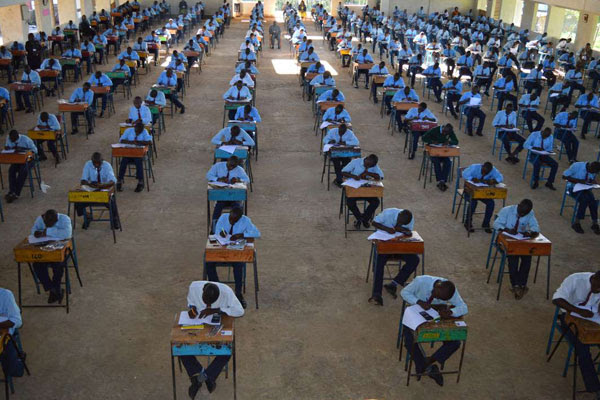
-1714379887.jpeg)
